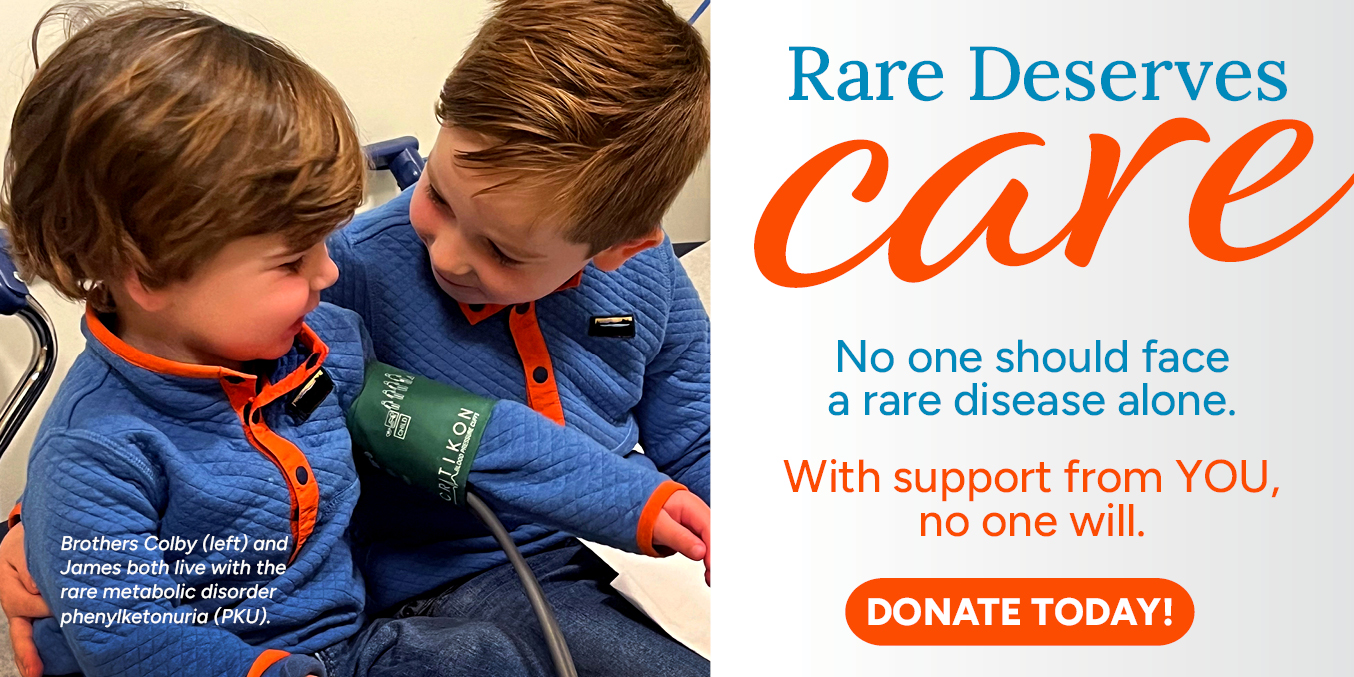The COVID-19 pandemic has had a huge impact on the rare disease community. NORD has heard from countless patients over the last few months about how this crisis has added to the already significant challenges that come from living with, or caring for, someone with a rare disease. Though many challenges remain, the expansion of telehealth services, which allow patients to see their health care providers from the comfort and safety of their home, has the potential to create long-lasting improvements for rare disease patients.
Prior to March 2020, very few people had ever seen a health care provider outside of a medical facility. Typically, rare disease patients receive care in hospitals, health centers, and doctors’ offices. Due to the specialized nature of the treatment that many rare disease patients require, this often necessitates traveling significant distances, even across state lines, to obtain care. In the face of the COVID-19 pandemic, these patients are at higher risk if they were to leave their homes and travel to their usual health care facilities. Fortunately, both Federal and state governments temporarily, but rapidly expanded the types of patients and providers eligible to utilize and be reimbursed for telehealth services.
This expansion of telehealth has been well received by the rare disease community. For the last several months, NORD has been hosting virtual discussion groups in all 50 states, which have provided valuable feedback on the patient and provider experience with telehealth. In our recent survey of the rare disease community we found that out of over 800 respondents, more than 83% had been offered a telehealth visit during the COVID-19 pandemic by their health provider and of those who were offered a visit, almost 88% accepted. Out of all patients who reported having had a telehealth visit, 92% described it as a positive experience. This is encouraging news for a patient population that depends on being able to access quality health care services in order to thrive.
Now, the Trump Administration, Congress and state governments are trying to decide which changes to telehealth should be made permanent beyond the COVID-19 public health emergency. Taking its cue from rare disease patients and providers, NORD has drafted principles that will be used to guide our support or opposition to the numerous permanent changes being considered for telehealth. NORD’s Policy Steering Committee, which is comprised of eight Rare Action Network State Ambassadors, and NORD’s Board of Directors have reviewed and approved these principles.
Above all, NORD believes that patient choice must be preserved. Patients and their health care providers should be able to make a decision on the location and type of care they receive that is based on what is in the best interests of the patient. This means that all patients should have equal and effective access to telehealth services and patients should not be pushed to or away from telehealth by their health insurance plans or health care providers. Furthermore, NORD believes that transparency around privacy protections and patient cost-sharing must be established and preserved, and that good data should be collected and analyzed to drive future decisions on telehealth.
NORD will continue to work in support of policies that enable telehealth to be an option for patients, should they and their provider decide it is in the patient’s best interests.



